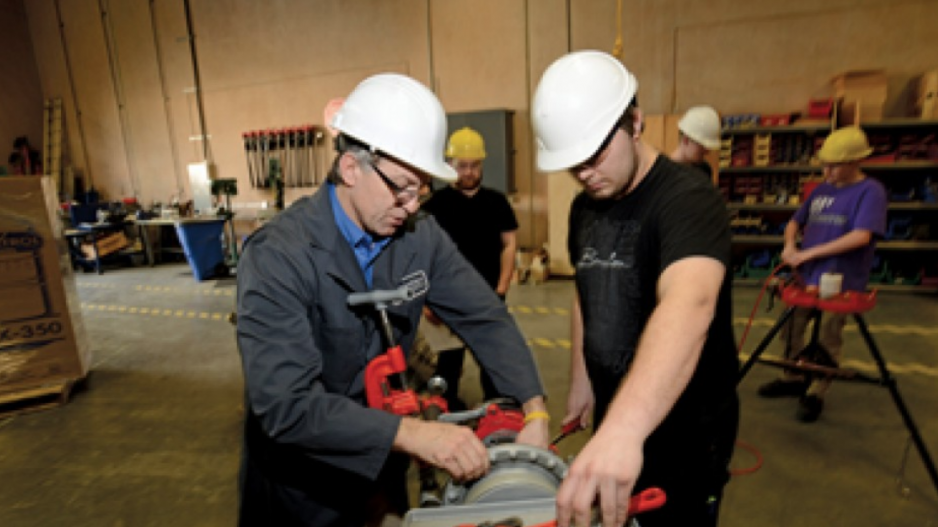BIV special report: With the digital industrial revolution radically retooling the labour landscape, BIV looks at automation, unionization and other major issues facing employers, employees and the culture of work in the lead-up to Labour Day
B.C. is home to the tightest job market in a country experiencing a 40-year unemployment low, making it particularly hard for businesses trying to recruit in unaffordable areas.
As it stands, several years of strong economic growth have spurred demand for skilled and low-skilled workers alike. While growth is projected to ease off, other challenges remain.
Skills shortages in areas including trades and health care loom large; so do concerns that greater integration of artificial intelligence and robotics into the workplace will displace low- and medium-skilled employees.
Uncertainties about the future of work in B.C. highlight a policy challenge that could spell trouble for employers, employees and communities if not prepared for.
“We’re doing a worse job over time. We’re spending less of the share of our [gross domestic product] on measures meant to mitigate the impact of job loss,” said Sylvia Fuller, an associate sociology professor at the University of British Columbia (UBC) with research interests in labour issues.
“There is cause for concern, but we also have to think about ‘What are we going to do about that?’”
In some cases, advances in technology may collide with areas of need in Canada’s labour market.
A recent survey by ManpowerGroup Canada counted drivers among one of the most difficult positions to fill, in a field ripe for disruption by automated vehicles. Sales representatives are another category in which Canadian employers have been struggling to meet demand.
“This is going to hit us faster than we can imagine,” said Linda Fawcus, CEO and founder of Gluu Technology Society, which helps older adults use technology.
Not all sectors will be affected the same way. It’s expected that most job openings in the province between 2017 and 2027 will be in the area of health care and social assistance. WorkBC’s 2017 labour market outlook anticipates some 81,400 openings in what is generally a skills-based sector requiring close human interaction.
“A great part of that is going to be human-facing for a long time but I would say up to 30% to 40% of that market is going to be supplemented with robot help,” Fawcus said.
After health care, the areas with the greatest number of expected job openings include retail trade (64,700) and construction (57,100). The fastest-growing industries outside of health care – based on the number of jobs that will become available over the next decade – include professional, scientific and technical services (45,800) and accommodation and food services (29,700).
Job openings over the next decade in the areas of sales and service, business, finance and administration and management together account for 51% of projected openings. They are followed by trades, transport and equipment operators and by education, law and social, community and government services.
“The challenge we all have is that the competencies required to do these jobs are changing all the time,” said Darlene Minatel, ManpowerGroup Canada’s country manager.
“We would like to see the government more involved in terms of education and training, sort of the revamping or the relooking at training,” she said, adding that partnerships with institutions and employers to address skill gaps will be key.
“Ultimately, building and bridging gaps are probably our best way of solving this problem.”
Other, less visible trends also stand to shape the state of work in British Columbia and beyond. A declining rate of unionization is one. UBC’s Fuller also points to less predictability of work hours and work schedules and increasing instability in earnings as issues that can threaten job quality, fair treatment and even employee well-being.
“If we’re thinking about the world of work, we have to remember that we’re not just riding a runaway train,” Fuller said. “We individually and collectively have some agency in shaping the future of work.
“Ultimately what the future of work is depends on politics and it depends on worker action.” •




